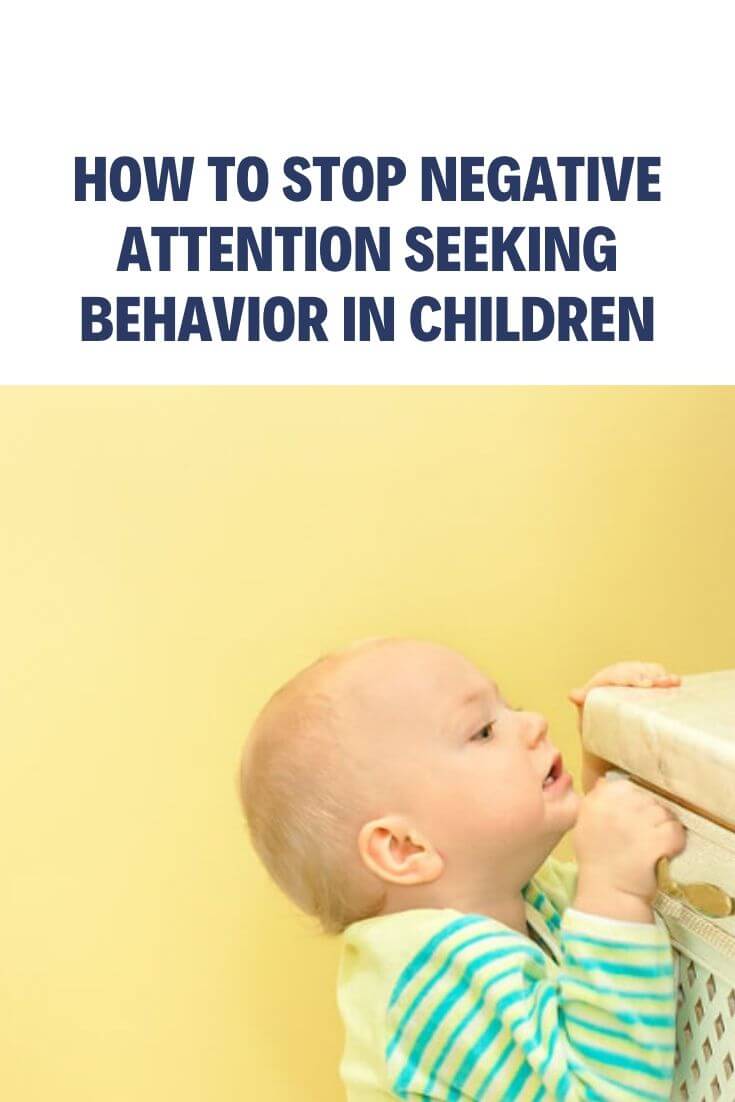
If Facebook has taught us anything, it’s taught us that we’re all a little narcissistic. Why? We’re born that way: ask any parent. From the kid who throws a tantrum in the middle of the produce aisle at Walmart to the kid who breaks out into a song and dance number during church, kids love attention and lots of it!
We get it: no matter how old you are, we all adore being adored. It makes us happy, it makes us feel secure, and gives us confidence. But, sometimes, this love for attention takes a dramatic turn and behavior escalates. Kids are especially prone to this: feeling insecure, they believe they have no choice but to get attention any way they can.
Now, what exactly does a child with unhealthy attention-seeking behavior look like? They come in all sorts of flavors! They might fake being sick to get attention. They might adopt an overly-dramatic persona, acting as if even the slightest slights are end-of-the-world catastrophes. They might need to play hero, going as far to cause harm to another in order to do so. They might insist on being the leader and getting “their way” in every situation (I’m in charge of this tea party! I make the best imaginary tea!).
They might even feign importance, claiming to have so many plans that it’s impossible for them to visit Nana. They might find a way to make every situation about them, insisting on being the center of attention at things like their sibling’s birthday party.
On one hand, it might seem like a good thing: just bide your time, they’re bound for Hollywood! But the attention-seeking child can make an already difficult job (parenting) harder.
So, how to stop negative attention seeking behavior in children? Like many things, there are dos and don’ts to navigating these waters carefully.
DO:
Look for answers
Attention-seeking is the game of the insecure, regardless of age. Finding out why your child is insecure might be enough for you to stop the behavior by pulling it out – like a weed – at its root.
Give your child confidence
The solution to insecurity is, of course, security. Making your child feel more secure through words of affirmation, praise, expressions of your love, or focusing on the positive is the best thing you can do for the child who feels unseen.
Give them time…literally
With the advent of technology, humans are both more connected and less connected than ever before. Putting down the phone, closing the computer, and turning off the TV and spending quality time with your child are excellent ways to provide them with the foundations of confidence.
DON’T:
Yell at them
It’s easy to react to your child in a way that mirrors them: if they yell, you yell back. But this is still giving them what they want: your attention. Instead of fighting fire with fire, put out the flames by telling them you need five minutes to recollect and then walking away. Only go back to speak to them once they’ve reached a state of regulation.
Shame them
Because attention-seeking behavior is rooted in insecurity, the surest way to perpetuate it is by shaming your child. Shame creates a cycle: they’re insecure, they seek attention, they’re ashamed, they’re more insecure, they seek more attention…..It’s healthy to tell your kids that you need some space or that you need them to play by themselves. But, making them feel guilty because they’re, well, acting like children isn’t fair.
Ask Dr. Google
Some parents assume that their child’s attention-seeking behavior means that they have something developmentally or psychologically wrong with them. But, more often than not, every child will put in the extra effort to get extra acknowledgement. Childhood is a time of not knowing yourself and insecurity runs rampant.
Dealing with attention-seeking behavior is something most parents will face: it’s an inevitability of raising children, up there with sticky fingers and missing shoes. While once in a while might not affect your life, attention-seeking behavior that is perpetuated can leave you frustrated, upset, and reaching for the birth control. The above steps can help you to show your kids that even when they don’t have your attention they always, always have your love.
Related Posts:
10 Proven Tips on How to Deal with Toddler Temper Tantrums
How to Stop Backtalk – What to Do When Kids Talk Back
How to Discipline a Child (Without Pulling Your Hair Out)
